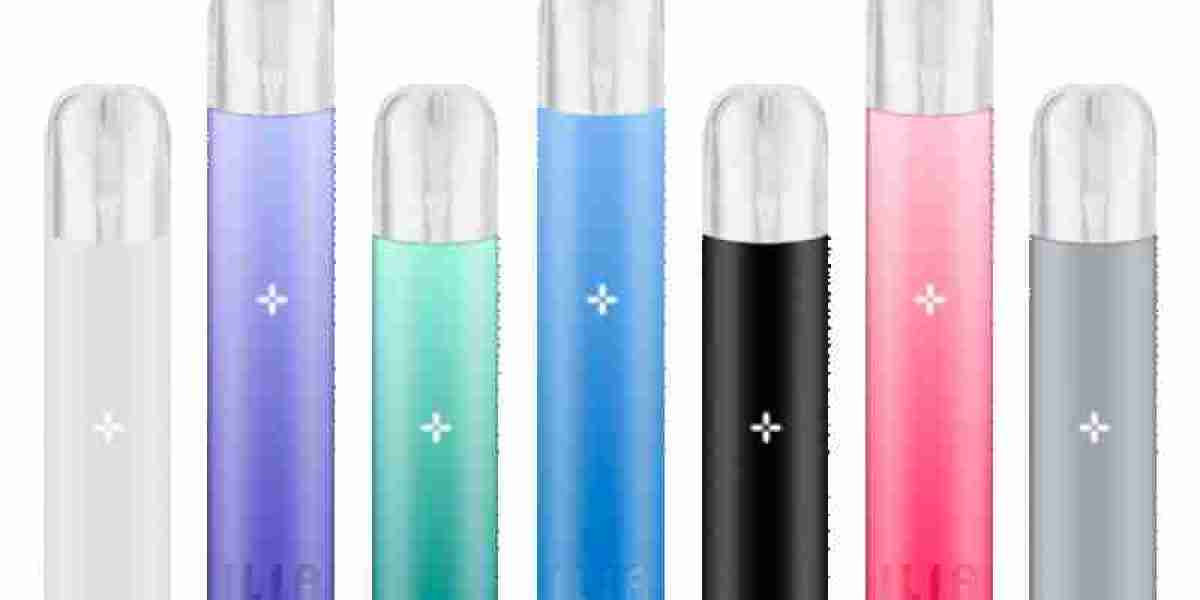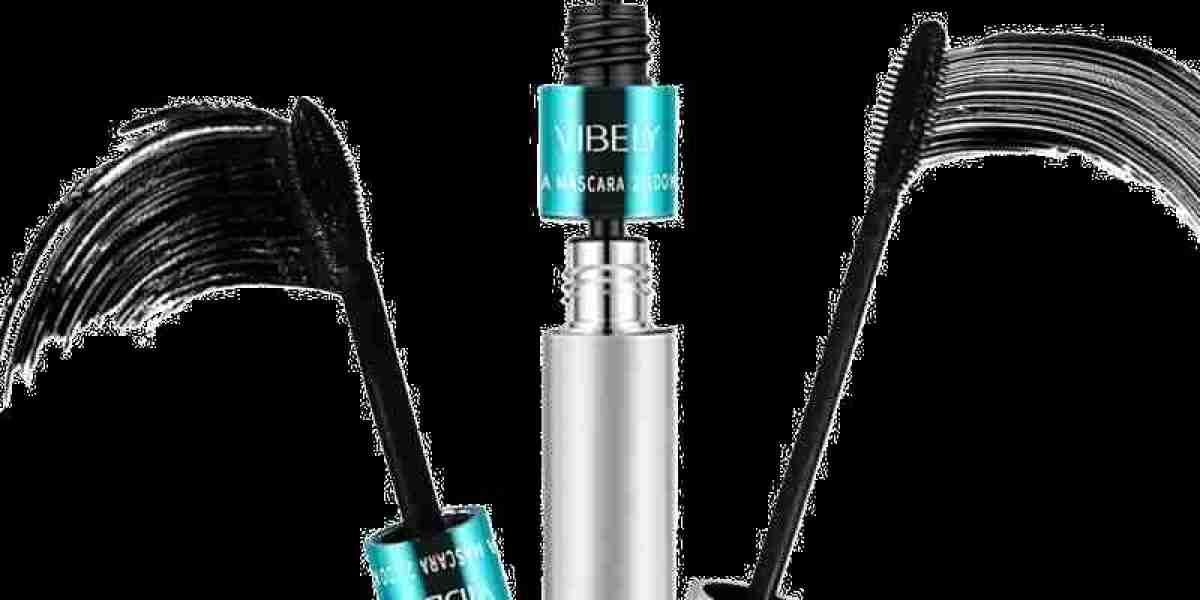Biodiesel is a roadway and off roadway legal alternative to fossil/mineral diesel and red diesel. It has a lot of the characteristics of typical mineral diesel, but is generally made from vegetable oils.

Running any diesel motor on vegetable oil is not a new concept. The original diesel motor first shown in 1895 by Rudolph Diesel was created to operate on veggie oil.Biodiesel has been offered for several years as a mainstream fuel in the major lorry production nations such as Germany, the USA and across Europe.

By producing biodiesel we are also recycling and that benefits the environment.
You might be shocked to discover that far from being an inferior, home produced fuel, biodiesel is much better for your car engine and the environment than fossil based fuels such as gas and routine forecourt diesel.
Fuel rates are rising steadily all the time and with greater and unforeseeable prices at the pumps, many individuals are turning to either making biodiesel or purchasing it already made from a provider.
With the previous alternative, making biodiesel safely must be a top priority. With the latter, discovering a biodiesel supplier near adequate to end up being cost-effective can typically prove hard, and obviously this is a more costly alternative.
The Savings
By making biodiesel at home it ought to be possible to produce your alternative fuel from waste veggie oil ready to go in you tank at a fraction of the expense of forecourt fuel. If you choose to utilize new oil the cost savings are not as magnificent however you will still see a substantial saving on forecourt diesel pump prices.
Kinds Of Vegetable Fuel
There are 3 options to consider when utilizing veggie oil, nevertheless we would only advise choice three - home produced biodiesel.
Straight Grease
Vegetable oil is around five times more viscous or thicker than routine diesel. A diesel engine would need to be modified to cope with this increased viscosity to ensure the oil flows freely through the fuel system and into the combustion chamber.
This can be achieved either by pre-heating therefore thinning the oil before it goes into the injectors, or by installing a double tank system where the cars and truck is worked on normal diesel till warm and after that switched to biodiesel.
Another problem can be that oil has different chemical residential or commercial properties and combustion attributes from the fuel that a lot of diesel engines are developed to use. In newer cars with exact tuning systems this can trigger issues. In addition to this there is the cost of the conversion and service warranty concerns to consider.
Blending
Grease can be blended with other fuels or solvents to reduce its viscosity.
When mixing veggie oil with forecourt diesel this must be limited to 20% oil to 80% diesel.
This approach is not an excellent ecological alternative as it still involves utilizing a fossil based fuel.
Some people have experimented with solvents such as white spirit or paint thinner. This is not advised due to the fact that performance and the long-lasting impact on engine wear are both unknown amounts.







